Women Health Rehabilitation
Table of Contents
1. What is Women Health Rehabilitation
Women’s health rehabilitation is a specialized area that focuses on empowering women to achieve optimal wellness, both physically and emotionally. By providing tailored therapies and interventions, women’s health rehabilitation aims to address unique health challenges faced by women throughout their lives. Join us on this journey as we unravel the significance and benefits of women health rehabilitation. At Physio Rehab Solution, the team of experienced therapists works closely with patients to understand their unique circumstances and develop a treatment plan that is tailored to their needs.

2. Understanding Women Health Rehabilitation
Women health rehabilitation encompasses a range of therapeutic interventions designed to address the unique health needs of women. It focuses on restoring physical function, alleviating pain, and promoting overall well-being in women of all ages. Women’s bodies undergo various physiological changes throughout their lives, such as pregnancy, childbirth, menopause, and hormonal fluctuations. These changes can lead to specific health challenges that require specialized rehabilitation approaches.
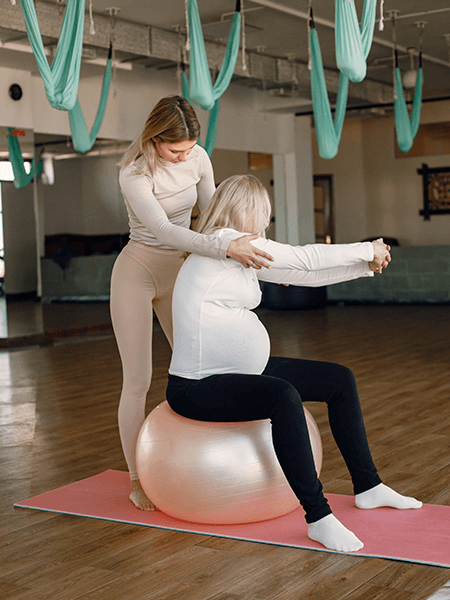
3. The Impact of Women's Health Issues
Women’s health issues can significantly impact their quality of life and overall wellness. Conditions such as pelvic floor dysfunction, urinary incontinence, musculoskeletal disorders, and postpartum complications can hinder daily activities and cause emotional distress. Women health rehabilitation aims to address these issues holistically, considering the physical, emotional, and social aspects of a woman’s well-being.
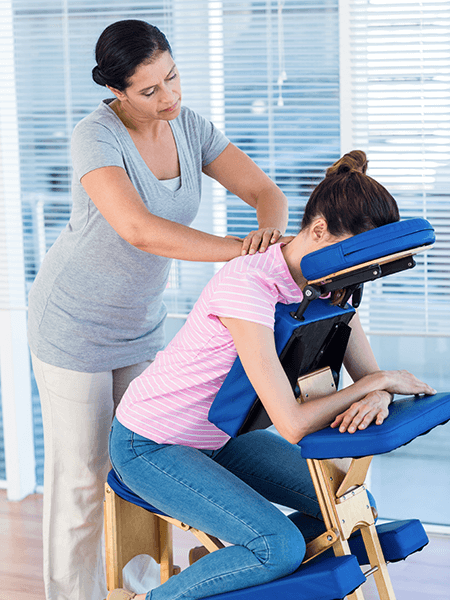
4. Pregnancy and Postpartum Rehabilitation
Pregnancy and childbirth are transformative experiences for women, but they can also take a toll on their bodies. Pregnancy-related musculoskeletal pain, diastasis recti, and pelvic floor dysfunction are common challenges faced by women during and after pregnancy. Women health rehabilitation programs provide targeted exercises, manual therapy, and education to help women regain strength, manage pain, and optimize their recovery postpartum.

5. Addressing Pelvic Floor Dysfunction
Pelvic floor dysfunction is a prevalent condition among women, often arising from pregnancy, childbirth, or hormonal changes. Symptoms may include urinary incontinence, pelvic pain, and sexual dysfunction. Women health rehabilitation offers specialized interventions, such as pelvic floor exercises, biofeedback, and manual therapy, to strengthen the pelvic floor muscles and improve overall pelvic health.

6. Overcoming Menopause Challenges
Menopause is a natural transition in a woman’s life, but it can come with its own set of challenges. Hormonal changes during menopause can lead to symptoms like hot flashes, mood swings, and vaginal dryness. Women health rehabilitation programs incorporate lifestyle modifications, exercise routines, and hormone therapy, if necessary, to help women manage these symptoms effectively.

7. Restoring Musculoskeletal Function
Musculoskeletal disorders, such as osteoarthritis, osteoporosis, and fibromyalgia, are more prevalent in women than men. These conditions can cause pain, stiffness, and limitations in mobility. Women health rehabilitation employs a multidisciplinary approach, including physical therapy, occupational therapy, and pain management techniques, to restore musculoskeletal function and improve quality of life.
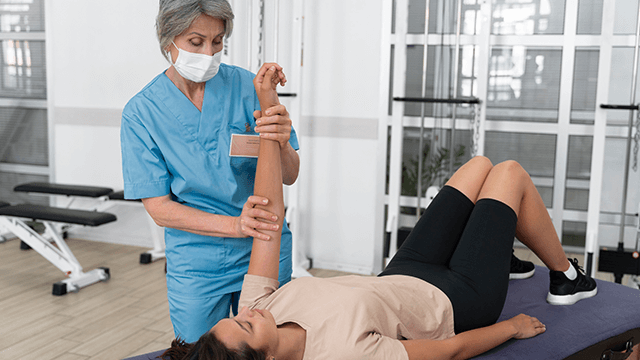
8. Mental Health and Well-being for Women
Women’s mental health plays a crucial role in their overall well-being. Depression, anxiety, and post-traumatic stress disorder (PTSD) are prevalent among women, often influenced by hormonal fluctuations and life experiences. Women health rehabilitation integrates mental health support, counseling, and mindfulness practices to promote emotional well-being and resilience.

9. Nutrition and Women's Health
Proper nutrition is essential for women’s health at every stage of life. Women health rehabilitation programs educate women about the importance of a balanced diet and provide personalized nutrition plans. Nutritional support can address specific needs related to pregnancy, menopause, and chronic health conditions, ensuring optimal health outcomes.

10. Cardiovascular Health and Exercise
Cardiovascular diseases are a significant health concern for women globally. Engaging in regular physical activity is crucial for preventing heart disease and maintaining cardiovascular health. Women health rehabilitation emphasizes tailored exercise programs, including aerobic exercises, strength training, and cardiac rehabilitation, to promote heart health and reduce the risk of cardiovascular conditions.
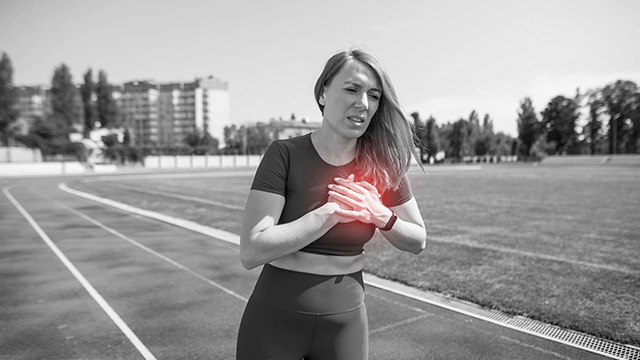
11. The Role of Occupational Therapy in Women's Health
Occupational therapy plays a vital role in women’s health rehabilitation by focusing on enabling women to engage in meaningful activities and regain independence. Occupational therapists help women overcome physical and cognitive challenges, providing strategies for managing daily tasks and enhancing overall quality of life.

12. Preventive Measures for Women's Health
Prevention is a cornerstone of women health rehabilitation. Screening tests, vaccinations, and health education are essential components of preventive care for women. Regular check-ups, breast examinations, Pap smears, and mammograms help detect potential health issues early, improving treatment outcomes and overall prognosis.

13. The Importance of Support Groups
Support groups offer a safe space for women to connect, share experiences, and receive emotional support during their rehabilitation journey. Women health rehabilitation programs often include support group sessions, empowering women to build relationships, gain insights, and foster resilience as they navigate their unique health challenges.

14. Overcoming Sexual Health Challenges
Sexual health is a crucial aspect of overall well-being for women. Women health rehabilitation addresses sexual health challenges, such as pain during intercourse, low libido, and sexual dysfunction, by combining physical therapy techniques, counseling, and education. These interventions help women regain confidence, enhance intimacy, and improve their overall sexual well-being.
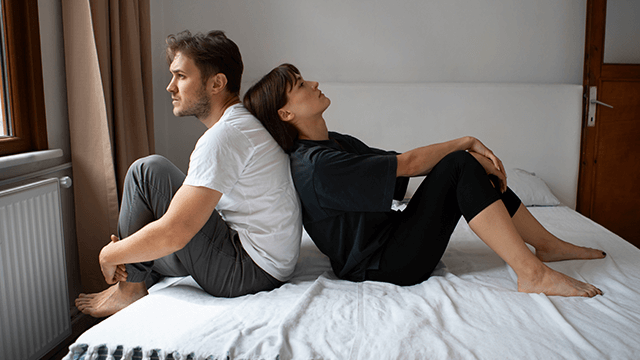
15. Breast Cancer Rehabilitation
Breast cancer affects millions of women worldwide, and rehabilitation plays a vital role in the recovery process. Women health rehabilitation for breast cancer survivors focuses on physical rehabilitation, lymphedema management, psychological support, and survivorship programs. By addressing the physical and emotional impacts of breast cancer, rehabilitation empowers women to reclaim their lives after treatment.

16. Psychological Rehabilitation for Trauma
Many women experience trauma throughout their lives, such as domestic violence, sexual assault, or emotional abuse. Psychological rehabilitation provides a supportive environment for women to heal, process trauma, and develop coping strategies. Therapeutic interventions, such as cognitive-behavioral therapy, group therapy, and trauma-informed care, assist women in their journey towards recovery and resilience.

17. Holistic Approaches to Women's Health
Holistic approaches consider the interconnectedness of physical, mental, and emotional well-being. Women health rehabilitation embraces holistic practices, including yoga, meditation, acupuncture, and alternative therapies. These complementary approaches enhance the effectiveness of traditional rehabilitation, promoting overall wellness and empowering women to take an active role in their health.

18. Promoting Body Positivity and Self-Care
Body image concerns and societal pressures can have a significant impact on women’s mental health. Women health rehabilitation focuses on promoting body positivity, self-acceptance, and self-care practices. By fostering a positive body image and encouraging self-compassion, rehabilitation programs empower women to prioritize their well-being and embrace their unique selves.

19. Breaking Barriers: Women in Sports Rehabilitation
Sports rehabilitation is a rapidly growing field, and women are increasingly participating in sports and athletic activities. Women health rehabilitation provides specialized care for sports-related injuries, training programs, and performance optimization. By addressing the unique needs of women in sports, rehabilitation helps break barriers and promotes inclusivity in athletic pursuits.
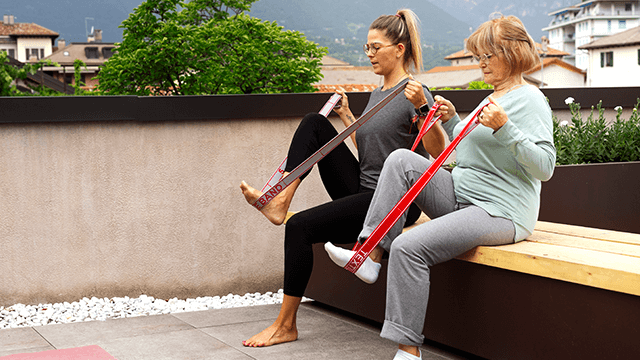
20. Empowering Women in the Workplace
Women’s health issues can impact their professional lives, and workplace rehabilitation plays a crucial role in facilitating a smooth return to work. Women health rehabilitation programs offer ergonomic assessments, work conditioning, and vocational rehabilitation to support women in their career journeys. By addressing work-related challenges, rehabilitation empowers women to thrive in their chosen fields.

21. Cultural Considerations in Women Health Rehabilitation
Cultural factors can significantly influence women’s health beliefs, attitudes, and access to care. Women health rehabilitation recognizes the importance of cultural competence and ensures that interventions are sensitive to diverse cultural backgrounds. By embracing cultural considerations, rehabilitation programs aim to provide inclusive and effective care for women from all walks of life.
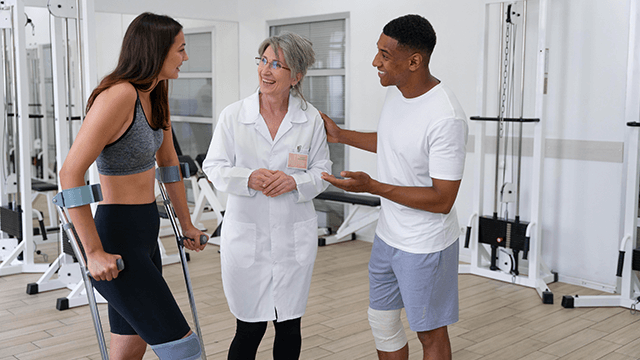
22. Addressing Disparities in Access to Healthcare
Access to healthcare is not equitable for all women, with disparities existing based on socioeconomic status, race, ethnicity, and geographical location. Women health rehabilitation advocates for equal access to quality care and works towards reducing healthcare disparities. By promoting awareness, education, and outreach initiatives, rehabilitation strives to bridge the gap and ensure that all women receive the care they deserve.

23. Empowering Women with Disabilities
Women with disabilities face unique challenges related to mobility, independence, and overall well-being. Women health rehabilitation takes a person-centered approach to address the specific needs of women with disabilities. By providing assistive devices, mobility aids, therapy services, and community support, rehabilitation empowers women to lead fulfilling lives and participate fully in society.

24. Integrating Technology in Women's Health Rehabilitation
Technological advancements have revolutionized healthcare, and women health rehabilitation embraces innovative solutions for improved outcomes. Virtual rehabilitation, wearable devices, telehealth services, and mobile applications enhance accessibility, monitoring, and personalized care for women. Integrating technology in rehabilitation expands reach and empowers women to engage actively in their health management.
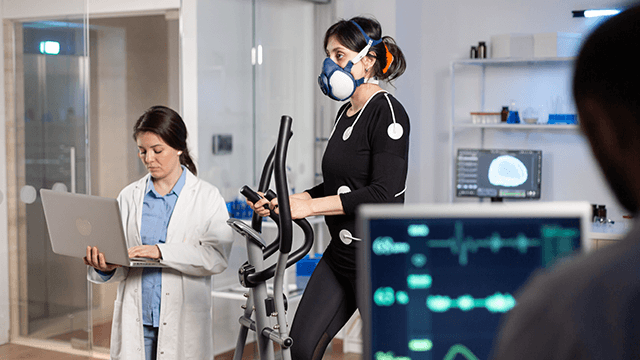
25. The Role of Research and Innovation
Research and innovation form the backbone of advancements in women health rehabilitation. Ongoing studies, clinical trials, and evidence-based practices drive the field forward. By investing in research and fostering collaboration, rehabilitation professionals continually refine their approaches, ensuring the delivery of the most effective and up-to-date care for women
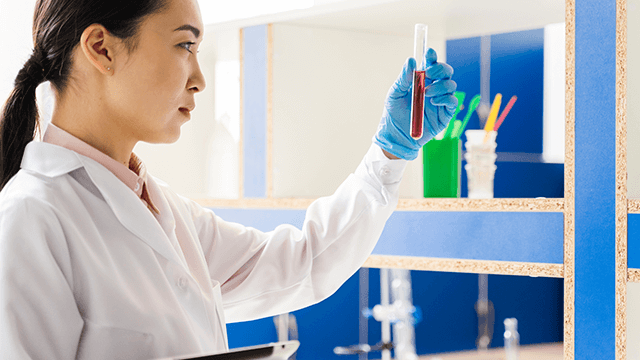
26. Conclusion
Women health rehabilitation plays a crucial role in empowering women towards optimal wellness. By addressing the unique health needs and challenges faced by women, rehabilitation professionals provide tailored interventions that restore physical function, promote mental well-being, and enhance overall quality of life. Through a holistic and person-centered approach, women health rehabilitation aims to create a supportive environment where women can thrive and overcome obstacles. Let us embrace the power of women health rehabilitation and work towards a healthier and more empowered future for all women.
27. FAQs (Frequently Ask Questions)
What is women's health rehabilitation?
Women’s health rehabilitation focuses on providing specialized care to address the specific physical, emotional, and mental health needs of women.
How does women's health rehabilitation differ from general rehabilitation?
Women’s health rehabilitation is tailored to address the unique challenges and life stages that women go through, whereas general rehabilitation focuses on a broader range of conditions.
Can women of all ages benefit from rehabilitation?
Yes, women of all ages can benefit from rehabilitation, from adolescents to elderly women, as it addresses age-specific health concerns.
What role does exercise play in women's health rehabilitation?
Exercise is essential in women’s health rehabilitation as it helps improve strength, flexibility, and cardiovascular health.
How can women overcome cultural barriers to seek rehabilitation?
Promoting open discussions about health and breaking the stigma surrounding certain health issues can encourage women to seek rehabilitation.
Feel the change
Book an Appointment
Say goodbye to long wait times and book your online physiotherapy appointment today! Get the care you need, when you need it, with our experienced physiotherapist. Click below to schedule your appointment and feel the change!